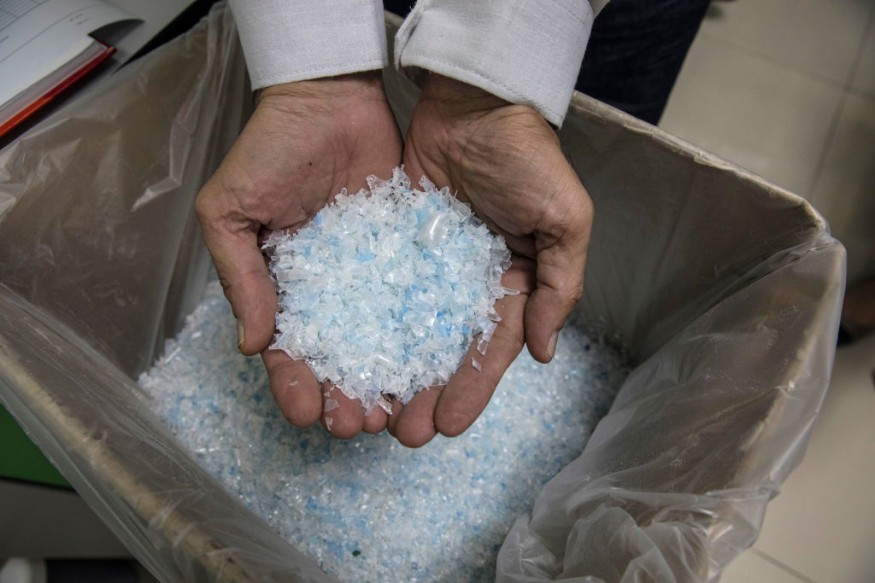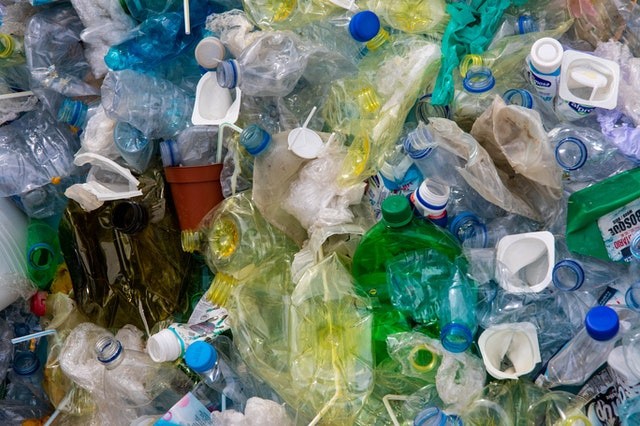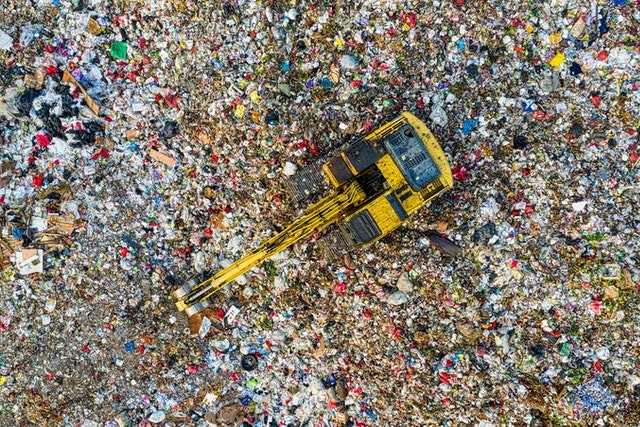
Scientists at a company named 'Carbios' are attempting to break down plastic by using enzymes produced by micro-organisms. The details of their work were posted last year in Nature. According to the report, cutinase which is an enzyme microbes use to break down waxy coating on leaves can also break down PET into its monomers.

In the United States of America, only two kinds of plastic are commonly known to be recycled. They are the kind of plastics in the plastic soda bottles, polyethylene terephthalate, or PET; and the plastic found in milk jugs and detergent containers - high-density polyethylene, or HDPE.
In 2017, in Science Advances, researchers reported that those plastics make up only about a quarter of the world's plastic trash altogether.
How Effective is Recycling?
Recycling comes with a certain sense of accomplishment. To be able to sort out soda bottles, plastic bags, and yoghurt cups from the rest of the garbage. But the question is, does sorting out these plastics keep them out of landfills and the ocean? One can be utterly careful while cleaning these plastics or picking them out for recycling but most of them will still end up in the trash heap.
There are non-recyclable items like polypropylene in yoghurt cups; recycling a hodgepodge of polypropylene can produce a dark, smelly plastic that just a few manufacturers can use, Flexible food packages, Grocery bags and shrink wrap, and a lot of other items. Films that contain several layers of different plastics have to be recycled separately and those films are not recyclable.
Melting plastics down to recycle can affect their consistency. Eventually, they won't be good for anything as much. Just like PET from bottles has to be mixed with a whole brand-new plastic to make a sturdy final product, recycling a mix of multicolored HDPE pieces can create a dark plastic good for only making products like park benches and waste bins, in which properties like color don't matter so much.
ALSO READ - Filipinos Throw Out Billions of Satchets, Plastic Bags Each Day
Eric Beckman, a chemical engineer at the University of Pittsburgh had earlier stated the reason why the world is littered with so much plastic waste. He said, " It is quite difficult to recycle plastics into anything that manufacturers would want to use."
The U.S. Environmental Protection Agency said that in just 2018, the United States landfilled 27 million tons of plastic and recycled a mere 3 million. Just about 9% of plastic has been recycled out of the 6.3 million tons that have been discarded around the world. And then the other 12 per cent has been burned, and at least 80 per cent has piled up on land and or in waterways.
The good news is that the amount of plastic recycled in the United States has increased over the last few decades. While the bad news is that those levels are still very weak in comparison with the amount of plastic that goes into landfills.
Plastics are collected everywhere from the top of Mount Everest to the bottom of the Mariana Trench, and this shows that there's an urgent need to curtail the amount of plastic disposed of (SN: 1/16/21, p. 5). Some people propose replacing plastics with biodegradable materials, but the thing about these replacements is that they are generally not as strong or as cheap to be made as plastics (SN: 6/22/19, p. 18).

To Be More Realistic, Plastic Isn't Going Anywhere Soon
Ed Daniels who is a senior project manager at the REMADE Institute in West Henrietta, N.Y. which funds research into new recycling techniques says that he sees the impossibility of a single technology getting all plastics recycled.
Some chemists who understand how these plastics operate are working to make it easier to recycle and turn them into higher-quality material that's useful for more things. This is like the future that all are designing where any plastic that ends up in the recycling bin can at least have a second and third life in a new product.
How Complex Mixed Plastics are Tackled
Most plastics don't mix. For example, a polyethylene detergent jug and its polypropylene cap. "If you melt them down, and I make a bottle out of them, and I squeeze them, they would crack down the side," Coates says." That seems to be one of the biggest bottlenecks in plastic recycling, how every material has to get processed separately.
RELATED ARTICLE: Sneakers From Recycled Plastic: Could It Save Our Planet?
© 2026 NatureWorldNews.com All rights reserved. Do not reproduce without permission.





